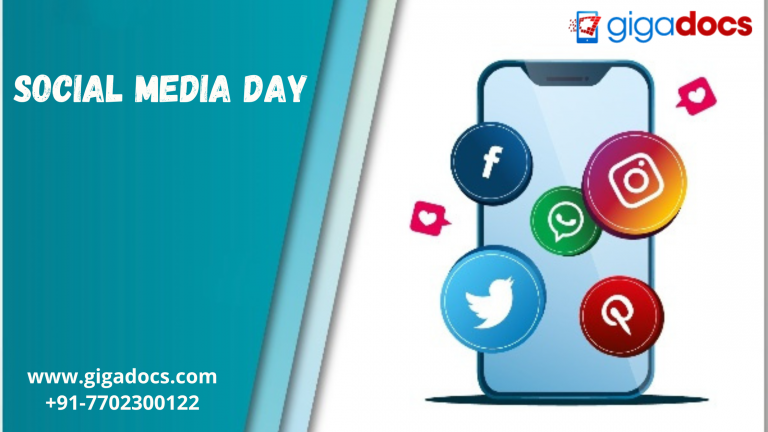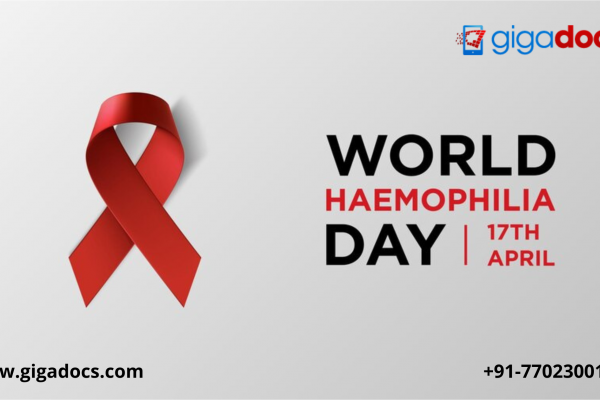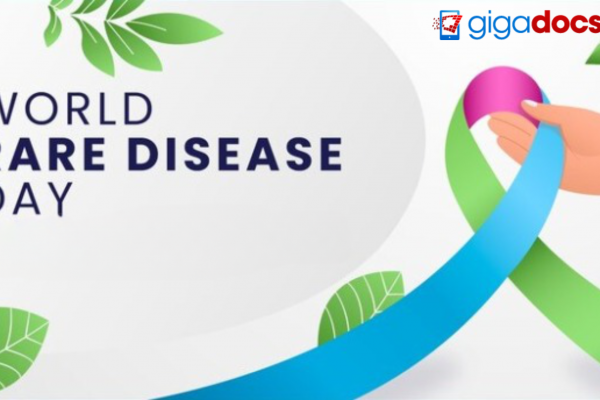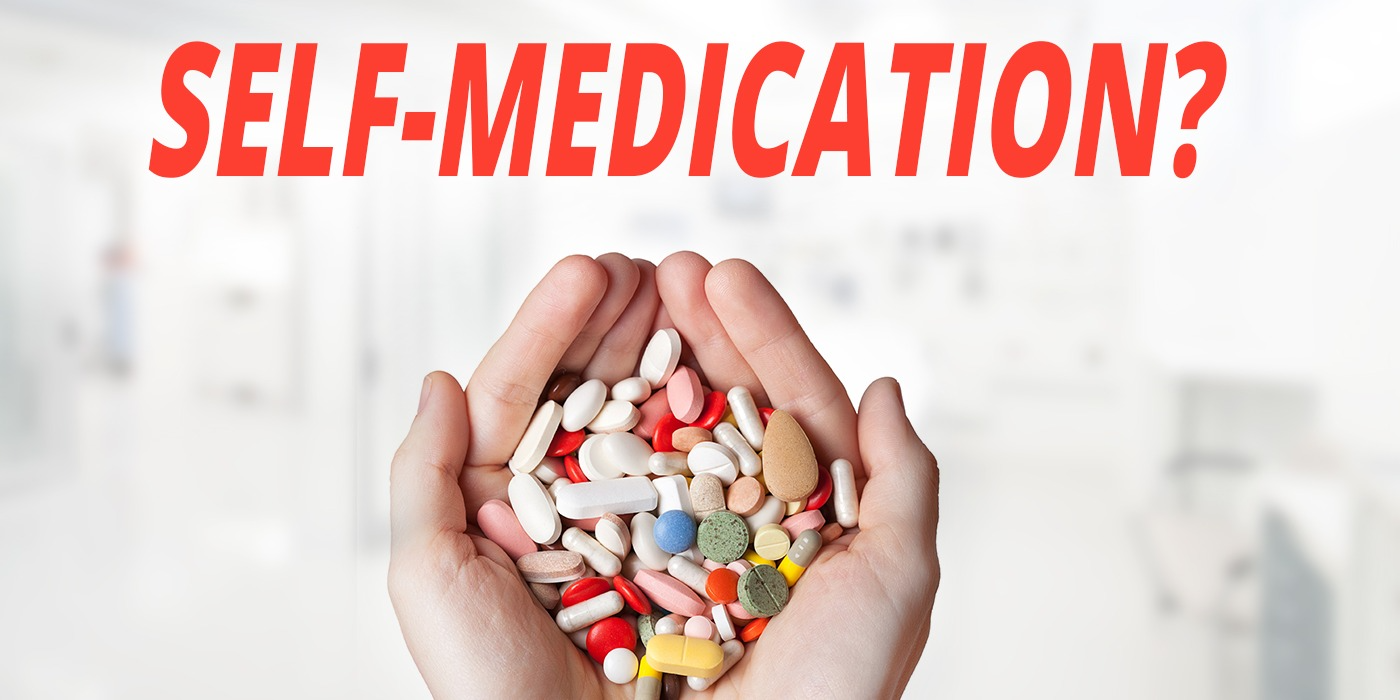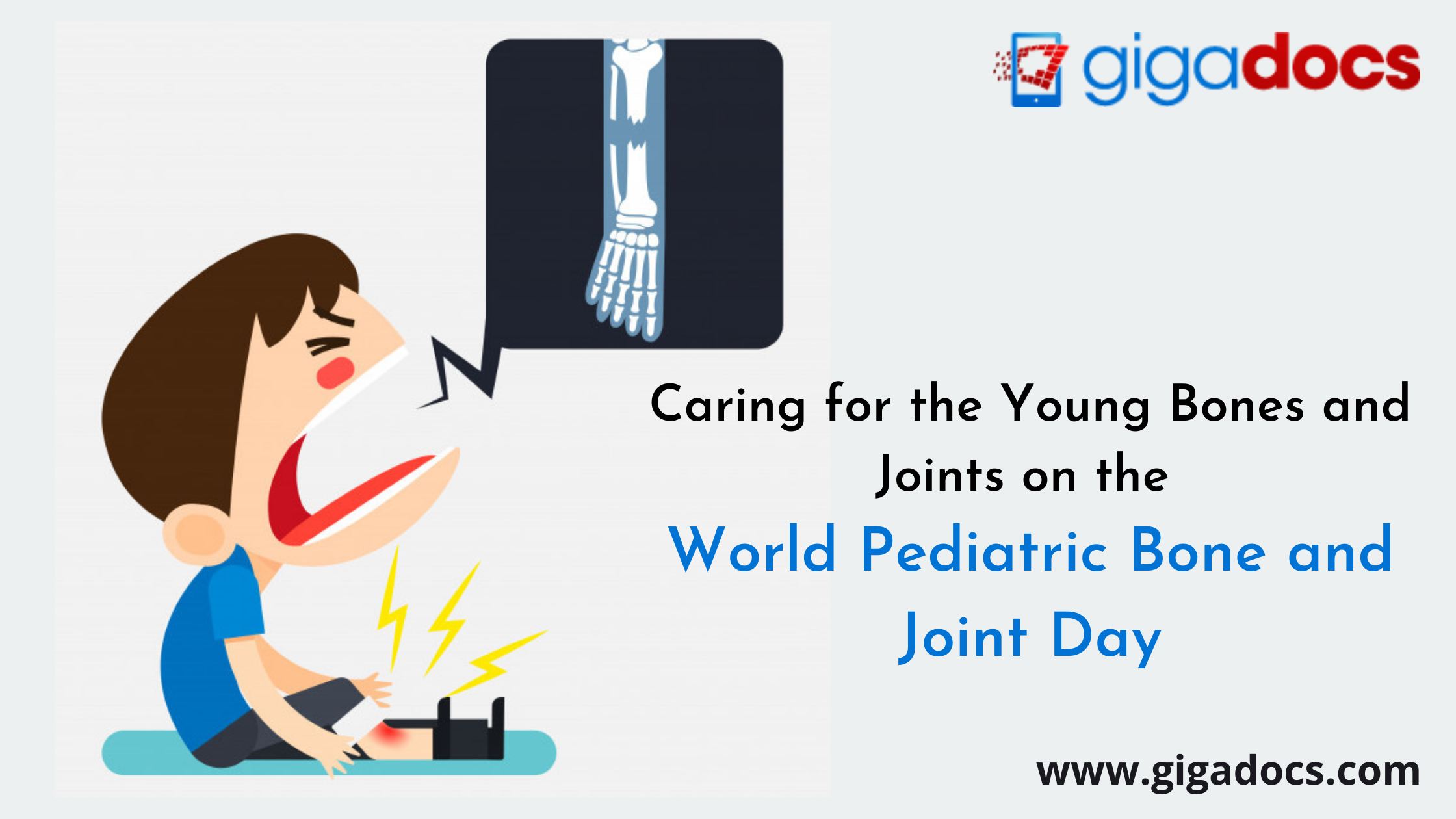You won’t remember a time before the Internet if you were born after 1995. For many kids and teenagers today, using social media and smartphones to stay connected is just part of growing up. Although most of them have positive online experiences, we can’t forget the risks involved that the prolonged use of social media brings and eventually harm your mental health. So, this social media day (celebrated on the 30th of June) let’s understand how social media affects our lives for the good and the bad and how we can reach out for mental health support to fight off the ills of social media.
Social media platforms retain users’ attention for as long as possible by preying on psychological flaws and vulnerabilities related to our need for approval and fear of rejection. Consider this, an unhealthy amount of passive social media use, such as scrolling through posts, has been linked to envy, inadequacy, ADHD symptoms, depression, anxiety, sleep deprivation, and dissatisfaction in life.
How long do people spend on social media?
Let’s understand how much time a person spends on social media by geography and age combination-
Geography
| Geography | Time spent on Social Media |
| South America | 3 hours and 29 minutes. |
| Africans | 3 hours and 10 minutes |
| Asia | 2 hours and 16 minutes |
| North Americans | 2 hours and 6 minutes |
| Europe | 1 hour and 53 minutes |
Age Composition
| Age-Composition | Time spent on Social Media |
| 16 to 24 -year-olds | 3 hours and 1 minute |
| 25 to 34 -year-olds | 2 hours and 37 minutes |
| 35 to 44 -year-olds alert | 2 hours and 4 minutes |
| 45 to 54 -year-olds | 1 hour and 39 minutes |
| 55-64-year-olds | 1 hour and 13 minutes |
It’s no secret that scrolling through countless pictures and posts about job promotions, engagements, newborns, and trips can leave you feeling like you aren’t getting anything done. However, it is essentially impossible to log off permanently and never return. However, the good news is that there may be a sweet spot for how much time you spend on social media. Better mental health outcomes can result from limiting your use to just 30 minutes per day.
Advantages of social media in our Lives
Social media has some advantageous features. Social Media has its benefits. Consider this; teenagers look for quick social interaction, which is really quick on social media. Teens may find new genuine friends of their age on social media if they find it challenging to speak in real life or don’t have easy access to people of their age in real life.
How does Social Media lead to Mental Stress?
- Focusing on likes: The desire to receive more “likes” on social media platforms can lead teenagers to take risks with their safety and appearance, engage in negative behaviors, and take on risky social media challenges.
- Cyberbullying: Teenage girls are particularly vulnerable to cyberbullying through social media, but teen boys are not exempt. Depression, anxiety, and a higher risk of suicidal thoughts are all linked to cyberbullying.
- Making Comparisons: Although many teenagers know that their peers only post their highlight reels on social media, it can be very challenging to refrain from doing so. On social media, everything is scrutinized, including one’s appearance, circumstances in life, and perceived successes and failures.
- Fake friends: Teenagers can amass thousands of friends on social media through friends of friends, even with privacy settings in place. People can access screenshots of photos, and updates and use them for other immoral things. The chance of misuse increases with the more friends they have. Social media offers no privacy.
- Less face time: Even for teenagers, social interaction skills need regular practice. Teenagers who spend more time “engaging” online than in person find it challenging to develop empathy and compassion, which are our best tools in the fight against bullying. Human connection is a potent tool that develops lifelong skills.
Social media’s negative aspects
Numerous studies have discovered a strong correlation between using social media excessively and a higher risk of depression, anxiety, loneliness, self-harm, and even suicidal thoughts. Social media could help spread harmful events like-
Feeling inadequate in your life or appearance- You may feel insecure about your appearance or the circumstances of your own life after you see people on social media. We are all aware that other people often only discuss the positive aspects of their lives rather than the negative experiences that everyone goes through. However, it still makes you feel envious and unsatisfied when you scroll through a friend’s Photoshopped pictures of their tropical beach vacation or read about their exciting new job promotion.
Fear of missing out (FOMO)- Social media platforms like Facebook and Instagram seem to exacerbate FOMO, even though the phenomenon has existed for much longer than social media. Your self-esteem may suffer, sparking anxiety, and your use of social media may increase due to the perception that you are missing out on certain things. Even if it means driving recklessly, skipping sleep at night, or putting social media interaction ahead of real-world relationships,
Isolation- According to a study, frequent use of Facebook, Snapchat, and Instagram does not make people feel less lonely. In contrast, the study discovered that cutting back on social media can improve your general well-being and make you feel less lonely and isolated.
Anxiety and depression- Face-to-face interaction is essential for maintaining human mental health. Making eye contact with a caring person is the fastest and most effective way to reduce stress and improve your mood. You’re more likely to develop or experience an aggravation of mood disorders like anxiety and depression if you prioritize social media interaction over in-person relationships.
Cyberbullying- Do you know? Many online users have faced offensive comments, and about 10% have faced cyberbullying online. Injurious rumors, lies, and abuse that can cause emotional scarring are spread frequently on social media sites.
Self-absorption- social media can lead to unhealthy self-centeredness and keep you disconnected from real-life relationships if you post endless selfies and all your private thoughts there.
Safety Blanket- We reach for our phones and open social media whenever we experience anxiety, awkwardness, or loneliness in a social setting. Of course, using social media only prevents you from having face-to-face interactions, which can reduce stress. However, your frequent use of social media may be concealing underlying issues like stress, depression, or boredom.
Social Media effects on your Mental Health
There is no set period for using social media. Instead, it concerns how much time you spend on social media, your reasons for using it, and how it affects your mood and other aspects of your life. Your use of social media, for instance, may be problematic if it makes you neglect in-person relationships, keeps you away from completing tasks at work or school, or makes you feel resentful, angry, or depressed. Similarly, it might be time to reevaluate your social media usage if you only use it because you’re bored or lonely or want to post something to irritate or make other people jealous of you.
The following are signs that social media negatively impact your mental health:
- Spending more time online than with friends in person: A lot of your offline social interaction has been replaced by social media. You need to constantly check social media, even when you’re out with friends, frequently motivated by feelings that others may be having more fun than you are.
- Using social media to compare yourself to others negatively: You don’t like your body or have low self-esteem. You might even engage in disordered eating patterns.
- Being a victim of cyberbullying: Or perhaps you are concerned that you have no control over what others post about you.
- Being preoccupied: You experience pressure to post frequently about yourself, to receive feedback or likes on your posts, or to retweet and comment on your friends’ posts.
- Lacking time to think about oneself: You spend all your free time on social media, which leaves you with little to no time to reflect on your identity, your thoughts, or the reasons behind your actions—the things that help you develop as a person.
- Risky behavior: When someone does something to get likes, shares, or positive feedback. You engage in risky pranks, post embarrassing content, engage in cyberbullying, use your phone while driving or in other dangerous situations, etc.
- Unable to sleep properly: When you go to bed at night, wake up in the morning, or even both, do you check social media? Your sleep can be disturbed by the light from phones and other electronics, which can harm your mental health.
- Symptoms of anxiety or depression getting worse: After using social media, you feel more anxious, depressed, or lonely rather than as though it has helped to lessen negative emotions and improve your mood.
How can teleconsultation aid in the treatment of mental illness?
Digital telehealth, also known as telemedicine, is becoming more advantageous for delivering and receiving healthcare. Patients and doctors can receive and provide excellent healthcare thanks to the convenience and flexibility offered by virtual care. Even though telemedicine has applications in all areas of medical care, psychiatry was one of its first users.
Patients can use live video to consult with a mental health professional remotely with digital tools and access to broadband internet. By eliminating the need for patients to travel far, Gigadocs connects them with a qualified professional. Psychiatrists and other mental health specialists can use these tools to help patients manage their symptoms and more effectively prescribe medication. Visit Gigadocs to find out more about the advantages of tele-health.
To book a specialist, download the Gigadocs App from
- IOS App – apple.co/2W2iG4V
- Android App – bit.ly/33AQoR
